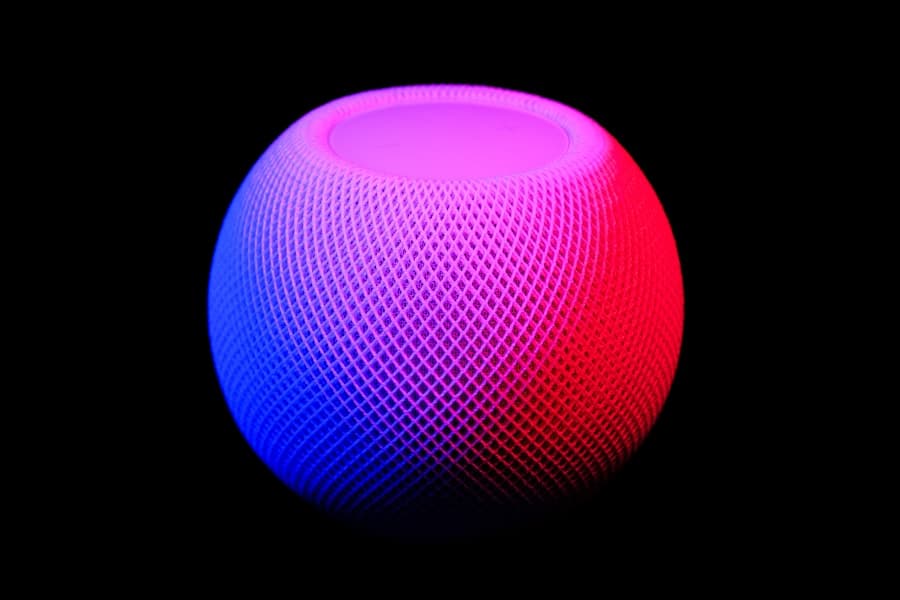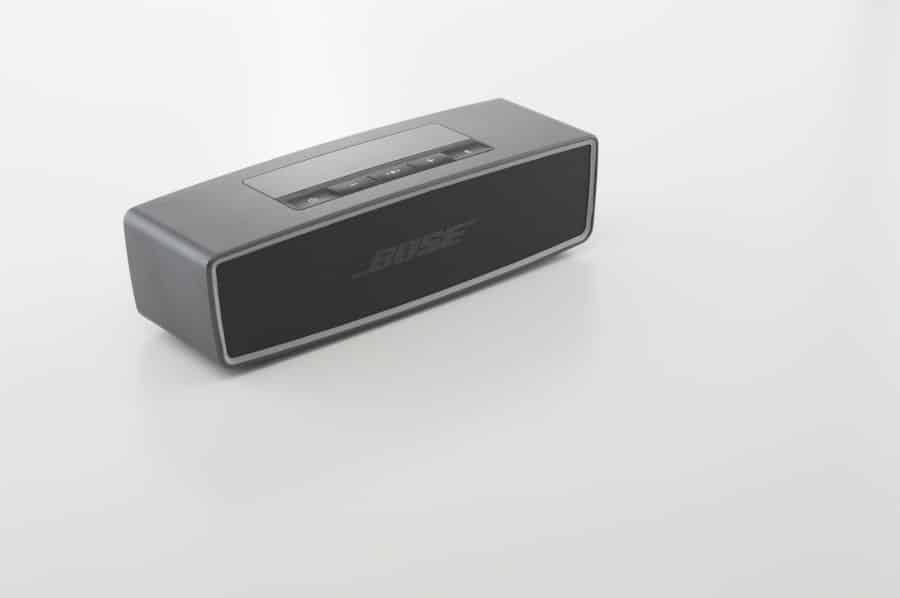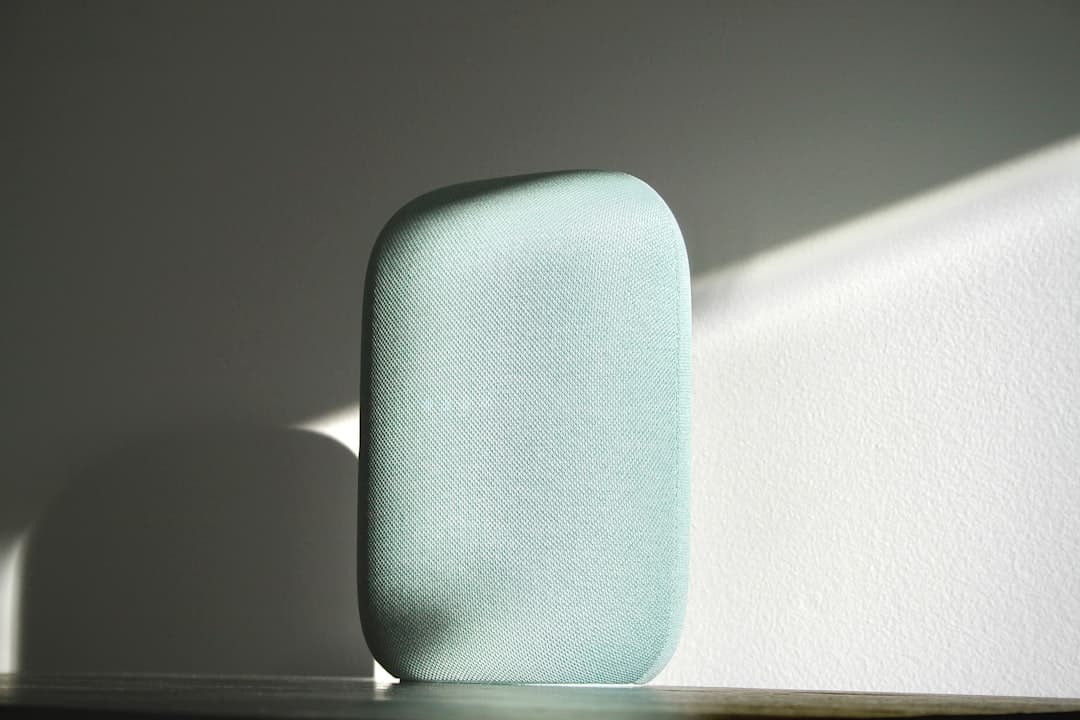Smart speakers have emerged as a transformative technology in the realm of home automation and personal assistance. These devices, equipped with voice recognition capabilities and artificial intelligence, allow users to interact with them through natural language. The evolution of smart speakers began with the introduction of products like Amazon Echo and Google Home, which have since paved the way for a multitude of competitors and variations.
The core functionality of these devices revolves around their ability to respond to voice commands, providing users with a hands-free experience that enhances daily life. The appeal of smart speakers lies not only in their convenience but also in their ability to integrate seamlessly into various aspects of modern living. As they become more sophisticated, these devices are capable of performing a wide range of tasks, from playing music and providing weather updates to controlling smart home devices and managing schedules.
The rapid advancement in voice recognition technology and natural language processing has made interactions with smart speakers increasingly intuitive, allowing users to engage with them in a conversational manner. This shift towards voice-activated technology signifies a broader trend in consumer electronics, where ease of use and accessibility are paramount.
Key Takeaways
- Smart speakers are voice-activated devices that can perform various tasks and provide information through virtual assistants like Amazon’s Alexa, Google Assistant, and Apple’s Siri.
- Smart speakers offer convenience and accessibility by allowing users to control various functions such as playing music, setting alarms, and getting weather updates through voice commands.
- Integration with smart home devices enables users to control their lights, thermostats, and security systems using smart speakers, making home automation more accessible.
- Smart speakers help with family organization and scheduling by setting reminders, creating shopping lists, and managing multiple calendars for different family members.
- Communication and messaging features allow users to make hands-free calls, send text messages, and even broadcast messages to other smart speakers within the home.
Convenience and Accessibility
One of the most significant advantages of smart speakers is the unparalleled convenience they offer. Users can perform a multitude of tasks without needing to physically interact with a device, which is particularly beneficial in situations where hands are occupied or when mobility is limited. For instance, while cooking, a user can simply ask their smart speaker for a recipe or to set a timer without having to touch their smartphone or tablet.
This hands-free capability not only streamlines daily activities but also enhances safety in environments where multitasking is common. Accessibility is another critical aspect of smart speakers that cannot be overlooked. These devices are designed to cater to individuals with varying levels of technological proficiency, making them suitable for a broad demographic.
For elderly users or those with disabilities, smart speakers can serve as an invaluable tool for maintaining independence. Voice commands eliminate the need for complex interfaces, allowing users to access information and control their environment effortlessly. Furthermore, many smart speakers come equipped with features that support multiple languages and dialects, ensuring that they can be used by diverse populations around the world.
Integration with Smart Home Devices

The integration capabilities of smart speakers extend far beyond simple voice commands; they serve as central hubs for an entire ecosystem of smart home devices. This interconnectedness allows users to control everything from lighting and thermostats to security cameras and appliances through a single interface. For example, a user can instruct their smart speaker to dim the lights in the living room while simultaneously adjusting the thermostat for optimal comfort.
This level of integration not only enhances user experience but also promotes energy efficiency by allowing for more streamlined control over household systems. Moreover, the compatibility of smart speakers with various brands and devices has significantly expanded over the years. Many manufacturers have adopted open standards that facilitate communication between different products, enabling users to create customized routines and automations.
For instance, a user might set up a morning routine that triggers their coffee maker, turns on the lights, and reads out the day’s weather forecast—all initiated by a single voice command.
Family Organization and Scheduling
Smart speakers have proven to be invaluable tools for family organization and scheduling, acting as digital assistants that help manage the complexities of daily life. Families can utilize these devices to create shared calendars, set reminders for important events, and even manage grocery lists collaboratively. For instance, when one family member adds an item to the grocery list via voice command, it can be instantly updated across all connected devices, ensuring that everyone is on the same page when it comes time to shop.
In addition to managing tasks, smart speakers can facilitate better communication within families. They can be programmed to announce reminders or alerts at specific times, such as notifying children when it’s time to start homework or reminding parents about upcoming appointments. This feature not only helps keep everyone organized but also fosters accountability among family members.
Furthermore, many smart speakers support multiple user profiles, allowing each family member to access personalized information and settings tailored to their individual needs.
Communication and Messaging Features
The communication capabilities of smart speakers have evolved significantly, transforming them into versatile tools for staying connected with friends and family. Users can make hands-free calls or send messages simply by using their voice, eliminating the need for physical interaction with smartphones or other devices. This feature is particularly useful in situations where users may be busy or unable to use their hands, such as while cooking or driving.
In addition to traditional calling and messaging functions, many smart speakers offer innovative features like intercom systems that allow users to communicate with different rooms in the house. For example, a parent can use their smart speaker in the kitchen to announce dinner time to children playing in another room without having to shout or physically go find them. This capability enhances communication within households and fosters a sense of connection among family members, even when they are physically apart.
Entertainment and Education

Smart speakers have revolutionized how we consume entertainment and access educational content. With just a voice command, users can stream music from various platforms, listen to audiobooks, or even enjoy podcasts on topics ranging from history to science fiction. The ability to curate playlists or request specific songs makes these devices an integral part of many households’ entertainment systems.
For instance, during family gatherings or parties, users can easily set the mood by asking their smart speaker to play upbeat music or create a specific ambiance through lighting adjustments. Beyond entertainment, smart speakers have also become valuable educational tools. They can provide instant answers to questions across a wide range of subjects, making them ideal for students seeking quick information or assistance with homework.
Many devices offer interactive learning experiences through quizzes or trivia games that engage users while promoting knowledge retention. For example, children can ask their smart speaker about historical events or scientific concepts and receive detailed explanations that enhance their understanding of the material. This accessibility to information fosters a culture of curiosity and lifelong learning within households.
Privacy and Security Concerns
Despite the numerous benefits associated with smart speakers, concerns regarding privacy and security have emerged as significant issues for consumers. The very nature of these devices—constantly listening for voice commands—raises questions about data collection and surveillance. Users may worry about whether their conversations are being recorded or if their personal information is being shared with third parties without consent.
High-profile incidents involving data breaches or unauthorized access have further fueled these concerns, leading many individuals to reconsider their use of such technology. To address these privacy issues, manufacturers have implemented various measures aimed at enhancing user security. Many smart speakers now include physical mute buttons that allow users to disable microphones when not in use, providing an added layer of control over privacy.
Additionally, companies are increasingly transparent about their data collection practices and offer users options to manage their data settings more effectively. However, despite these advancements, skepticism remains prevalent among consumers who are wary of potential misuse of their information.
Future of Smart Speaker Technology
The future of smart speaker technology appears promising as advancements in artificial intelligence and machine learning continue to evolve at an unprecedented pace. As these technologies improve, we can expect smarter interactions that go beyond simple voice commands. Future iterations of smart speakers may incorporate more advanced contextual understanding, allowing them to engage in more meaningful conversations with users by recognizing nuances in speech patterns and emotional cues.
The potential for integration with emerging technologies such as augmented reality (AR) and virtual reality (VR) could lead to innovative applications that enhance user experiences in ways we have yet to imagine. As developers continue to explore new functionalities and applications for smart speakers, it is clear that these devices will remain at the forefront of technological innovation in the years to come.
In the evolving landscape of home technology, smart speakers are increasingly becoming central to family communication, serving as hubs for managing daily tasks, entertainment, and connectivity. This trend is part of a broader movement towards integrating technology seamlessly into our daily lives, as seen in other areas such as wearable technology. For instance, the article Apple Watch vs Samsung Galaxy Watch explores how smartwatches are also becoming essential tools for communication and health monitoring, highlighting the growing role of technology in personal and family life. Both smart speakers and smartwatches exemplify how technology is reshaping the way families interact and manage their routines.
FAQs
What are smart speakers?
Smart speakers are voice-activated devices that use artificial intelligence to perform various tasks such as playing music, setting reminders, providing weather updates, and controlling smart home devices.
How do smart speakers work as family communication hubs?
Smart speakers can work as family communication hubs by allowing family members to make hands-free phone calls, send voice messages, and broadcast messages to other smart speakers in the home. They can also be used to create shared calendars, set reminders for family members, and provide personalized information to each family member.
What are the benefits of using smart speakers as family communication hubs?
Using smart speakers as family communication hubs can help improve communication within the family, streamline daily tasks, and provide a central location for organizing schedules and reminders. It can also help family members stay connected and informed, especially when they are in different parts of the home.
What are some privacy concerns associated with using smart speakers as family communication hubs?
Privacy concerns associated with using smart speakers as family communication hubs include the potential for the devices to inadvertently record private conversations, the collection of personal data by the device manufacturer, and the risk of unauthorized access to sensitive information. It is important for users to be aware of these concerns and take steps to protect their privacy, such as reviewing and adjusting the device’s privacy settings.
What are some popular smart speakers on the market?
Some popular smart speakers on the market include Amazon Echo, Google Home, Apple HomePod, and Sonos One. Each of these devices offers different features and capabilities, so it’s important to research and compare them to find the best fit for your family’s needs.

